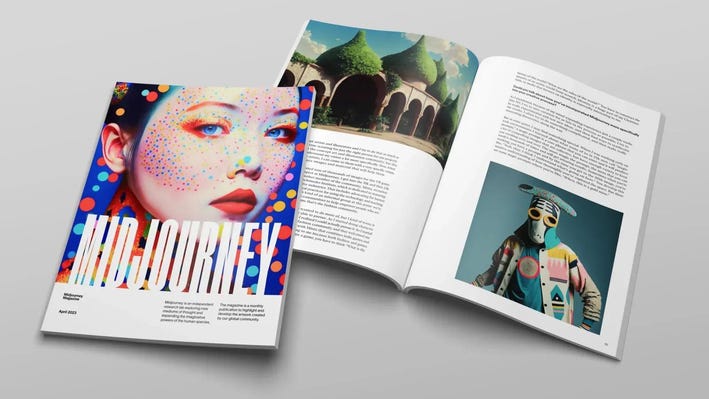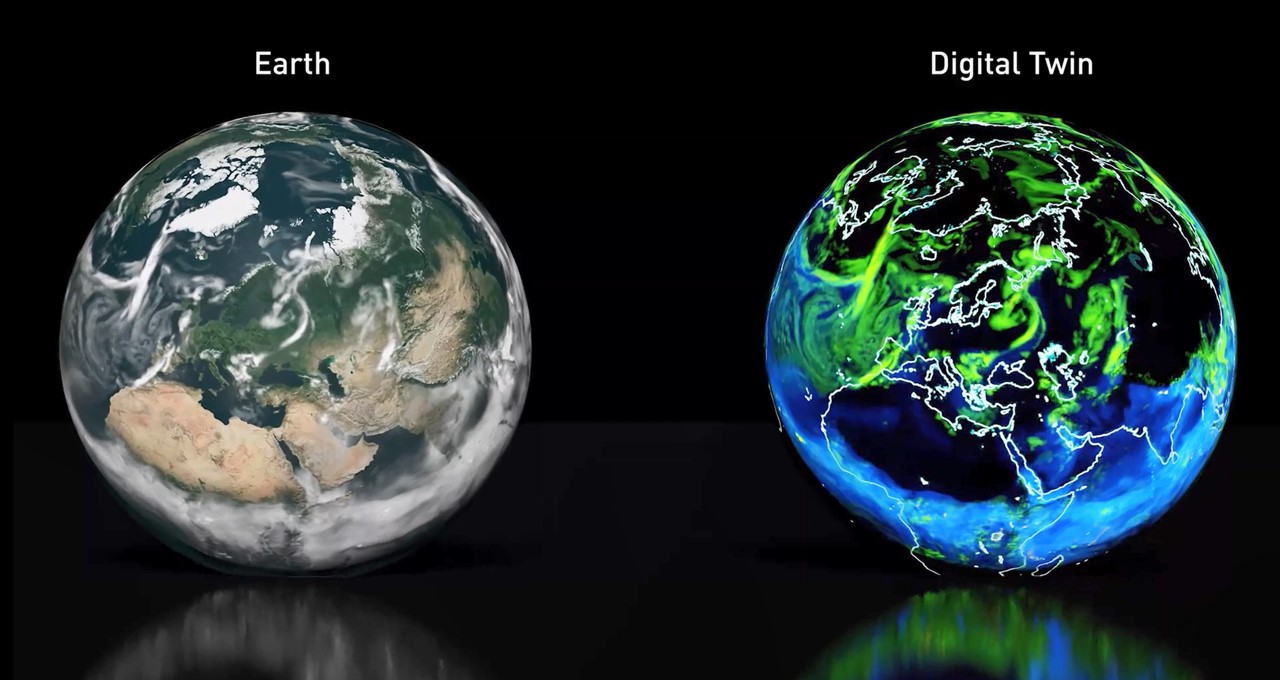
On Wednesday, Midjourney, a company specializing in AI-powered image creation, declared its intention to release a magazine in the next few months. The monthly subscription fee for the publication will be $4. But the website currently needs more content which raises many queries about its forthcoming articles. Midjourney is one of several such AI-generated image companies to undertake such an initiative in the last six months.
Midjourney’s website advertises that every magazine issue will showcase a compilation of the 10,000 most highly-rated images. Additionally, it will include handpicked artwork that has been carefully curated through interviews with members of the Midjourney community. This emphasis on community involvement adds a unique perspective to the publication’s content.
Midjourney, like other prominent players in the industry, such as DAL-E, offers a service that generates static spreads and images based on user text prompts. In addition, the company has revealed via Twitter that it intends to incorporate a variety of signals and materials into its forthcoming magazine. This move indicates a commitment to innovation and the utilization of cutting-edge technology to produce a unique and engaging publication.
Midjourney Chooses Google Cloud As Its Infrastructure Provider
Midjourney declared it had chosen Google Cloud as its infrastructure provider. However, the company faces several lawsuits from multiple parties, claiming it is involved in extensive copyright infringement. Like other artificial intelligence-based image creation companies, Midjourney has been trained on a vast collection of images sourced from the internet. This enables the company to produce what appear to be unique pieces of art.
Interestingly, the US Copyright Office recently declared that any images generated by artificial intelligence are not covered by copyright protection. Consequently, it is still being determined if those responsible for supplying text prompts to Midjourney’s platform are entitled to compensation.
Even though these individuals did nothing beyond entering text prompts, some still consider them artists. This stance is regardless of the position taken by the US Copyright Office. It remains to be seen whether any compensation will be forthcoming for these “creators.”
Featured image from Petapixel.com



